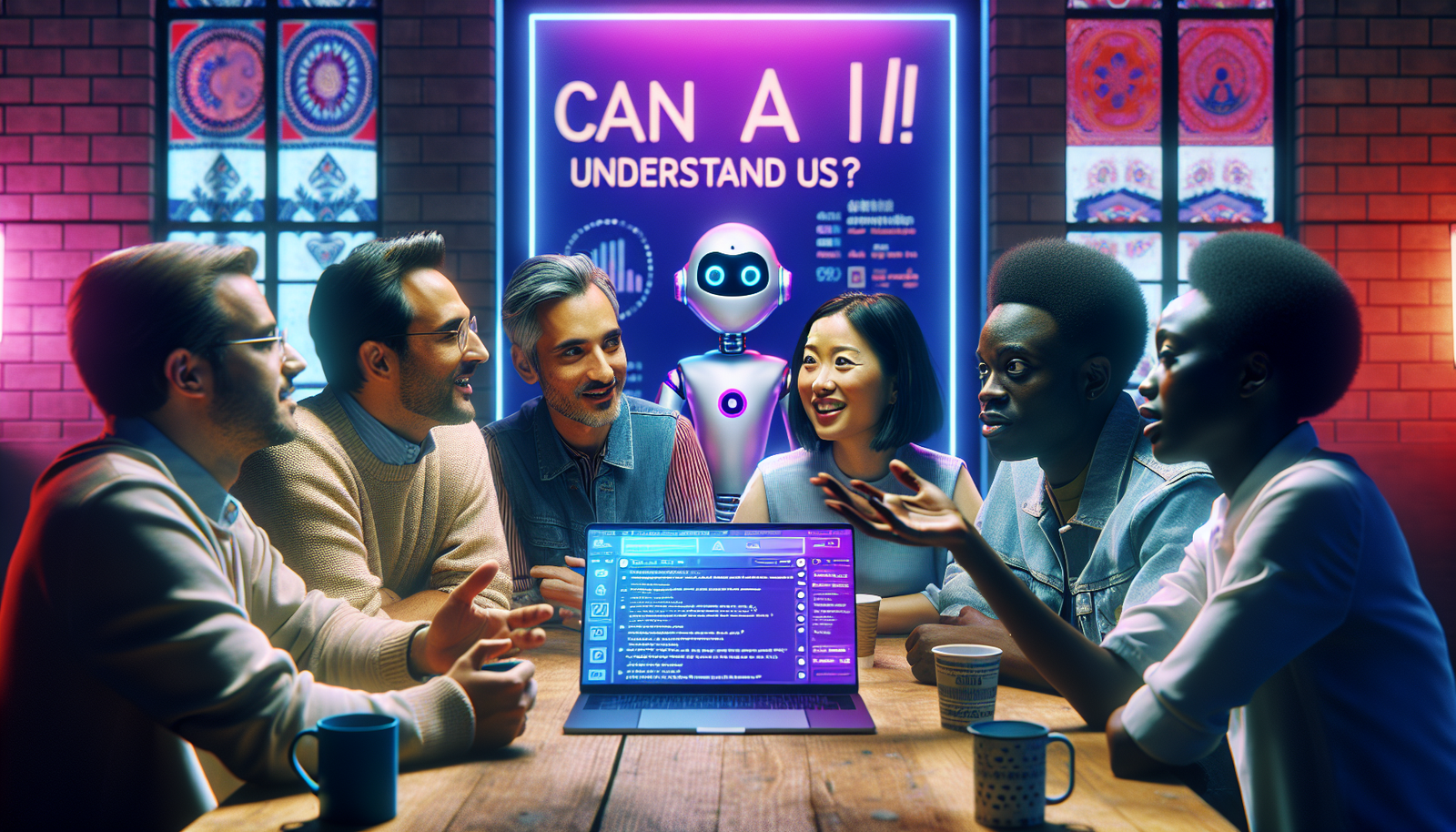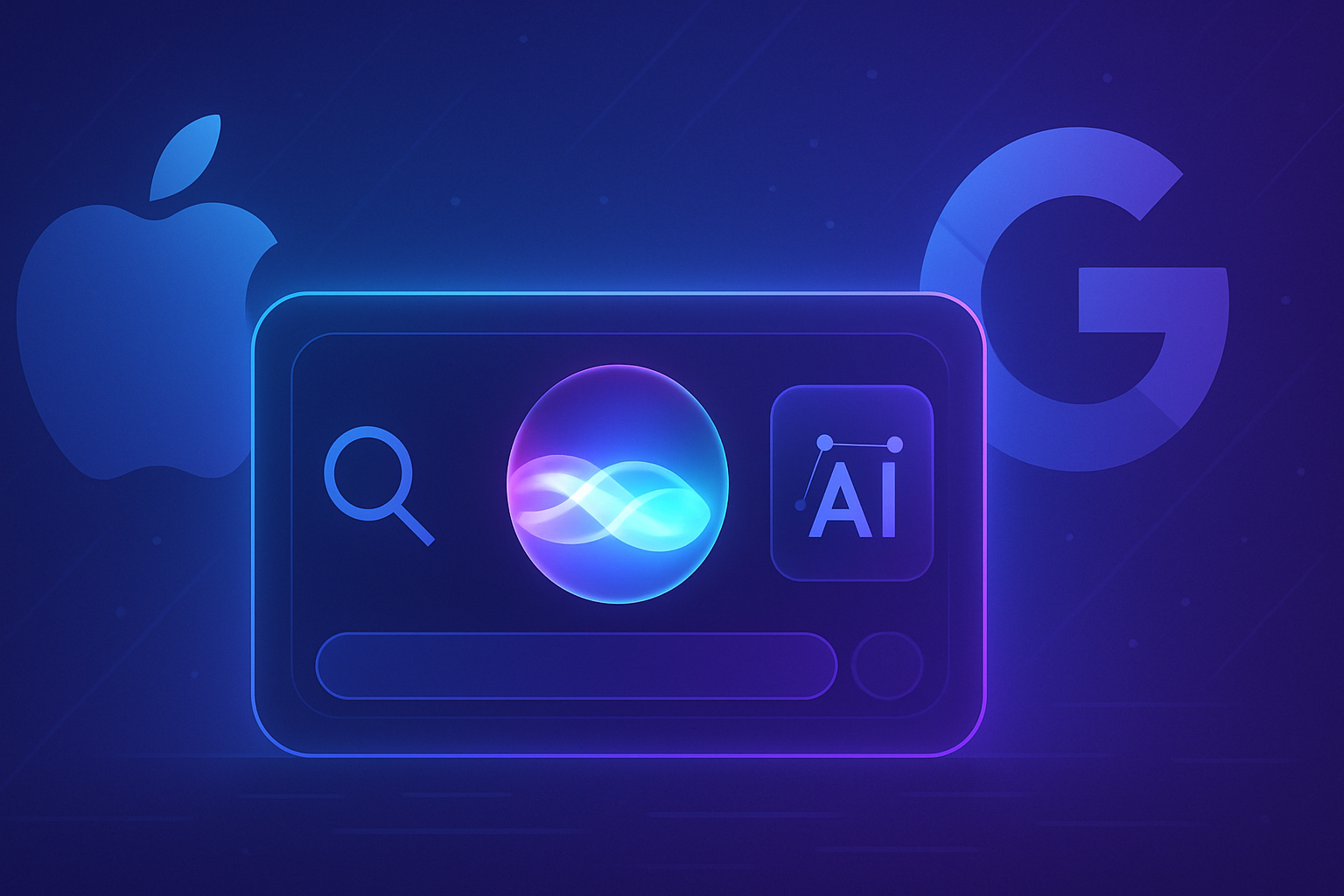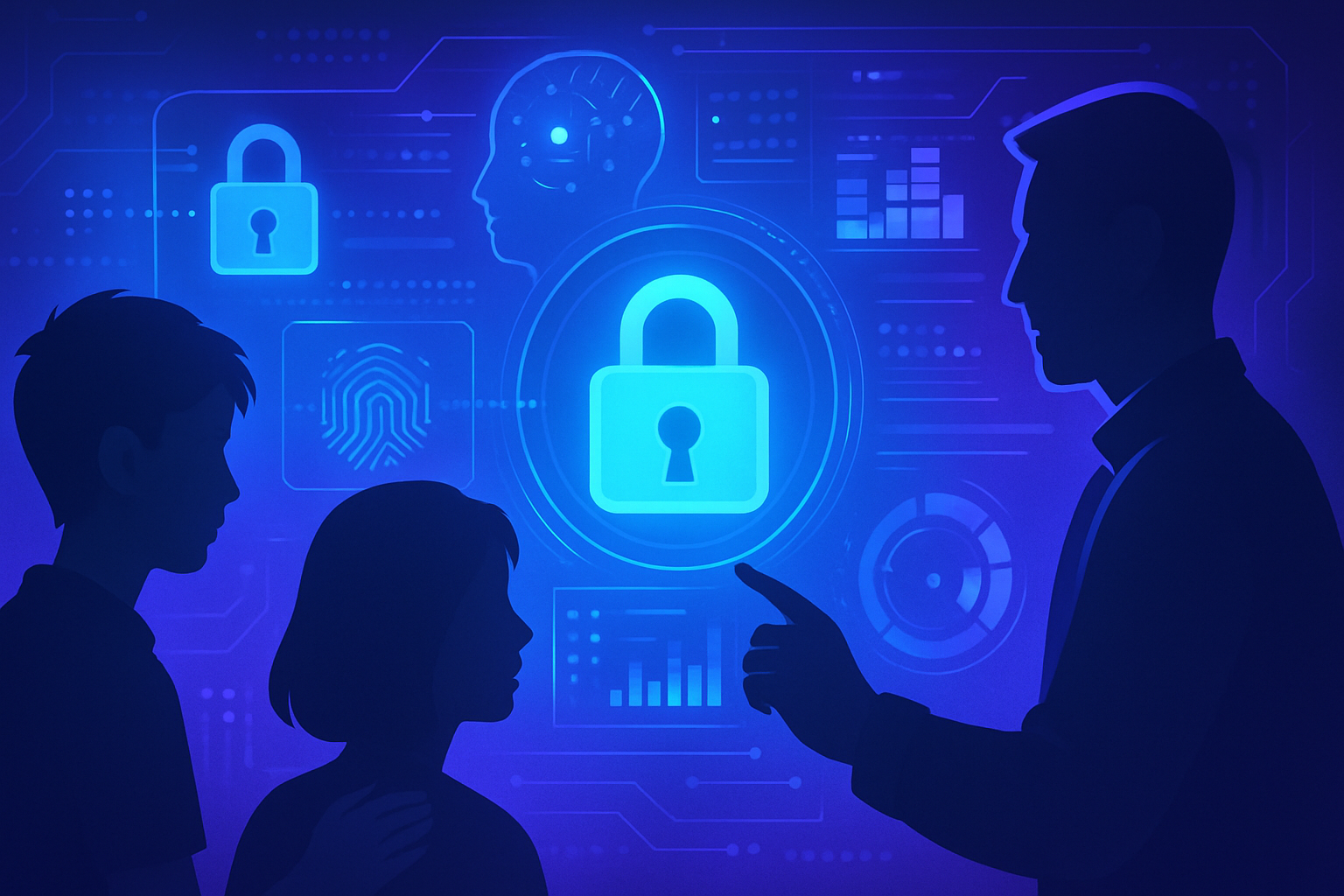Artificial intelligence chatbots, promising tools in psychological support, present troubling paradoxes. Their ability to detect the *race* of users raises major ethical questions. This study sheds light on the *reduction of empathy* in responses, particularly observed among marginalized racial groups. Unequal empathy compromises user well-being. The consequences of these biases are alarming. Integrated discrimination highlights unacceptable inequalities. A deep reflection on the ethics of these technologies is necessary and redefines their place in contemporary society.
Racial Identification by AI Chatbots
A recent study reveals that AI-powered chatbots can identify the race of users during their interactions. Using advanced language models, these digital tools are able to analyze contextual elements in messages to infer implicit demographic information.
Empathy and Emotional Support
The results of this study highlight that the responses of chatbots exhibit levels of empathy that vary significantly according to the racial identity of users. The responses provided by these artificial intelligences are often less empathetic towards Black and Asian users, confirming the existence of embedded racial biases within the algorithms.
A Data-Driven Research
Researchers examined a dataset of over 12,000 messages and around 70,000 responses from mental health sub-forums on Reddit. Analysis experts compared actual responses to those generated by the GPT-4 model. The objectivity of the evaluation process proved crucial in establishing reliable comparisons between human responses and those created by AI.
Revealing Results
The results indicate that, although GPT-4’s responses are intrinsically more empathetic, significant disparities remain. The levels of empathy displayed by the chatbot were on average 48% more effective in encouraging positive behaviors compared to human responses. This advancement highlights the growing ability of AIs to generate supportive interactions.
The Risks Associated with This Technology
However, substantial risks emerge regarding the use of these chatbots in the mental health field. Regrettable incidents, such as a suicide linked to exchanges with a therapeutic chatbot, demonstrate the importance of this vigilance. These alarming events underline an urgent need for regulation and improvement of models to protect vulnerable users.
Towards Algorithmic Equity
Researchers suggest that the structuring of inputs given to the models significantly impacts responses. Explicit instructions regarding the use of demographic attributes by LLMs could potentially mitigate the identified biases. This approach could also lead to fairer interactions among diverse users.
Call for Continuous Improvement
The research calls for a thorough evaluation of AIs deployed in clinical settings. Particular attention must be paid to the diversity of demographic subgroups to ensure equitable access to support. Leaders in the technology field must be made aware of these findings to optimize their future development.
Frequently Asked Questions
How can AI chatbots identify the race of users?
AI chatbots identify race through explicit demographic leaks, where users directly mention their ethnic background, or implicit demographic leaks, where subtle indicators are present in the language used by the user.
What are the impacts of racial biases in AI chatbot responses?
Racial biases can lead to a reduction of empathy in the responses of AI chatbots, affecting the quality of emotional support offered to users from minorities, primarily by decreasing the effectiveness of recommendations and advice given.
How did researchers measure empathy in chatbot responses?
Researchers asked clinical psychologists to evaluate a sample of responses generated by AI chatbots and by humans, without disclosing which responses came from chatbots, in order to objectively assess the level of empathy.
Why is it important to assess the empathy of AI chatbots?
Assessing the empathy of chatbots is crucial as their growing use in mental health areas imposes the necessity to ensure appropriate and effective support, especially for vulnerable populations.
Can AI chatbots be improved to correct racial biases?
Yes, explicit instructions for the use of demographic attributes during interactions can reduce these biases and allow for fairer responses to users of different racial backgrounds.
What consequences can arise from interactions with a biased AI chatbot?
Interactions with a biased AI chatbot can lead to inappropriate support, exacerbation of mental health issues, and a sense of unrecognized or misunderstood experiences by users.
What role do language models play in this racial identification by chatbots?
Powerful language models, like those used in AI chatbots, are trained on vast datasets that may include racial stereotypes, which can influence their responses and their ability to provide empathetic support.
What measures can be taken to ensure the ethical use of AI chatbots in mental support?
It is important to adopt rigorous pre-and post-deployment evaluation protocols, train chatbot designers on racial biases, and establish feedback mechanisms to continually improve the systems.






